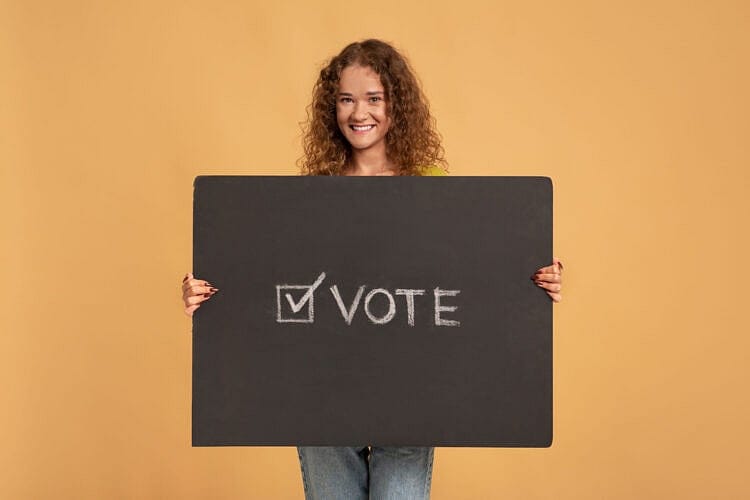Let 16-Year-Olds Vote in Local Elections, Advocates Say

Young people are affected by local issues and are already active in various left-of-center causes, so they should be allowed to vote in local elections, advocates of a bill to lower the voting age in Massachusetts said.
"We see young people leading the charge around racial justice, around climate change, around equity across all different policy proposals. And, so I just think it's time for us to, you know, sort of have the legislature get out of the way of our cities and towns that want to move forward with lowering the voting age so that they can instill a love of democracy among young people," state Representative Tami Gouveia (D-Acton) told the Massachusetts Legislature's Joint Committee on Election Laws on Wednesday.

